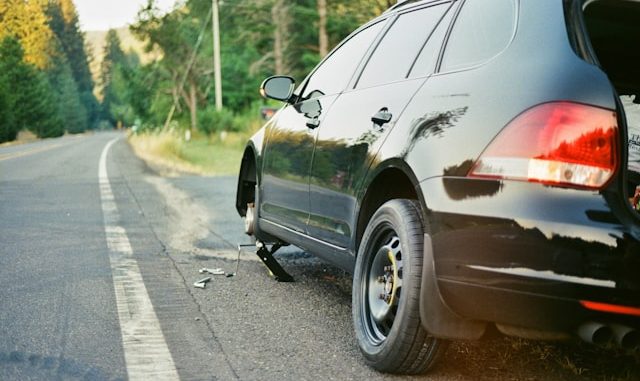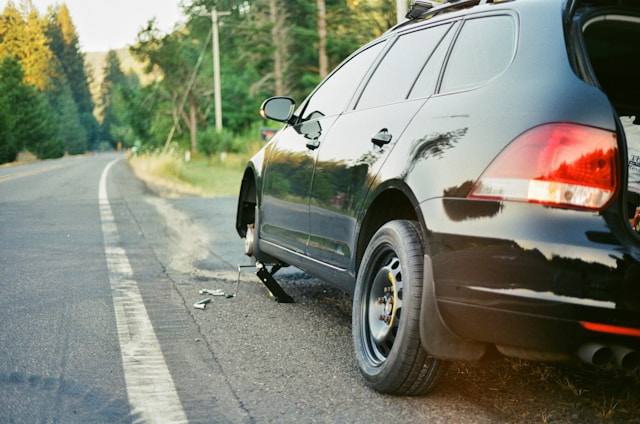
Understanding What an Insurance Lapse Means
When you let your car insurance lapse, it means your policy has been canceled or expired without being renewed or replaced by another one. This gap in coverage can happen for a variety of reasons, such as forgetting to make a payment, intentionally canceling your policy, or not renewing it on time. Regardless of the reason, even a short period without insurance can create significant consequences for both your finances and your ability to drive legally.
Legal Consequences of Driving Without Insurance
In most states and countries, driving without car insurance is against the law. Authorities take lapses very seriously, and penalties can range from fines to license suspension, vehicle impoundment, or even court appearances. Law enforcement officers can easily detect uninsured drivers during traffic stops or through electronic insurance verification systems. A lapse doesn’t just expose you to penalties if you get pulled over—it also means you’re taking a major legal risk every time you get behind the wheel.
Financial Risks of a Lapse
Beyond the legal issues, the financial risks of letting your car insurance lapse are even more severe. If you are in an accident while uninsured, you will be responsible for paying out of pocket for any damage to your own vehicle, the other driver’s vehicle, and medical expenses for anyone injured. These costs can add up to thousands or even hundreds of thousands of dollars, which could lead to long-term financial hardship. Even a small fender bender could quickly become overwhelming without coverage.
Higher Premiums When You Reapply
Another hidden consequence of an insurance lapse is that it makes you appear riskier to insurance companies. Providers view continuous coverage as a sign of responsibility, so once there’s a break in your record, your rates will almost always increase when you try to get insured again. In some cases, insurers may even deny you coverage altogether or require you to purchase a high-risk policy that costs significantly more. What may seem like saving money for a short period by skipping insurance often ends up costing much more in the long run.
Possible Requirement for SR-22 or Similar Filings
If your lapse involves certain violations, such as driving without insurance or being involved in an accident while uninsured, you may be required to file an SR-22 or similar form with your state. This is a certificate of financial responsibility that proves you have the minimum required insurance. Filing for an SR-22 comes with additional fees, stricter conditions, and higher premiums, which can remain in place for several years depending on your driving history.
Impact on Your Credit and Driving Record
A lapse in insurance can also affect your broader financial profile. If unpaid premiums or accident-related debts are sent to collections, they may damage your credit score. On top of that, many states will mark your driving record with the lapse, and this becomes part of the information insurance companies review when setting future rates. In essence, even one lapse can leave a lasting mark on both your financial and driving record.
Challenges with Leasing or Financing a Car
If your car is leased or financed, the consequences of a lapse can be even more serious. Lenders and leasing companies require insurance as a condition of the agreement, and if your coverage lapses, they have the right to impose expensive “force-placed” insurance or even repossess the vehicle. This type of insurance is usually much more expensive and protects only the lender’s interest, not yours, leaving you with higher costs and less protection.

How to Prevent a Lapse
Avoiding a lapse is far easier than dealing with the consequences. Setting up automatic payments, keeping track of renewal dates, and maintaining communication with your insurer can ensure your coverage never unintentionally expires. If you are struggling with affordability, it is better to explore lower coverage limits, shop around for more competitive rates, or even temporarily suspend coverage if your car is not in use rather than letting it lapse altogether.
Why Continuous Coverage Matters
Maintaining continuous car insurance is one of the most important aspects of responsible vehicle ownership. It not only keeps you compliant with the law but also protects your financial stability and ensures peace of mind every time you drive. Insurance companies reward consistent coverage with better rates, so keeping your policy active can save you money in the long term.